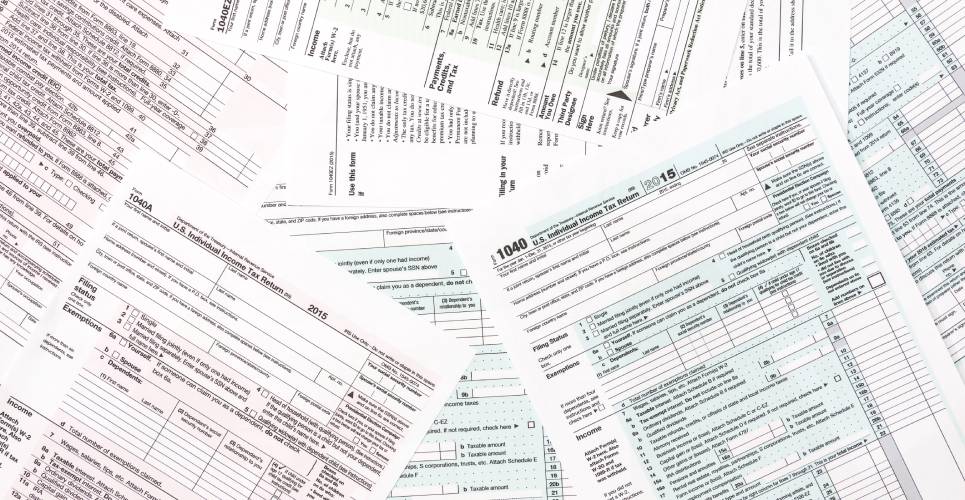As a tax professional, having the right tax forms at your fingertips is crucial for providing efficient and accurate service to your clients. From individual tax returns to business filings, these forms are essential for ensuring compliance and maximizing tax benefits. Here are the key tax forms every tax professional needs for their clients.
Form 1040: US Individual Income Tax Return
Form 1040 is the cornerstone of individual tax filing in the United States. This form is used by taxpayers to report their annual income and calculate their federal income tax liability. It encompasses various schedules and attachments to account for different types of income, deductions, and credits. As a tax professional, you will encounter Form 1040 frequently, making it essential to be well-versed in its nuances. Ensuring accurate completion of this form helps clients optimize their tax outcomes and stay compliant with IRS regulations.
Form 1099-MISC: Miscellaneous Income
Form 1099-MISC is used to report various types of income other than wages, salaries, and tips, which are reported on Form W-2. This includes payments made to independent contractors, rental income, and other miscellaneous earnings. Accurate filing of Form 1099-MISC is crucial for both the payer and the recipient to avoid discrepancies and potential IRS audits. As a tax professional, you need to ensure that all applicable payments are reported correctly, helping clients avoid penalties and maintain accurate financial records.
Form 1120: US Corporation Income Tax Return
For corporate clients, Form 1120 is the standard form used to report income, gains, losses, deductions, and credits for a corporation. This form is essential for determining the tax liability of corporate entities and ensuring they comply with federal tax laws. Understanding the intricacies of Form 1120 allows you to assist corporate clients in maximizing their deductions and credits, thereby reducing their overall tax burden. Proper preparation and timely filing of this form are critical for maintaining corporate financial health.
Form 4562: Depreciation and Amortization
Form 4562 is used to claim deductions for the depreciation or amortization of property. This includes tangible property, such as buildings, machinery, and vehicles, and intangible property like patents and copyrights. Accurate calculation and reporting on Form 4562 can significantly impact a client’s tax liability, which is why you need to be proficient in understanding depreciation schedules and applicable tax codes to ensure they fully benefit from available deductions. Utilizing professional tax preparer software can streamline this process, ensuring accuracy and efficiency.
Now that you know more about the tax forms every tax professional needs for their clients, you can see why it is so important to be well-prepared and knowledgeable in these areas. By mastering these forms and incorporating professional tax preparer software into your practice, you can provide exceptional service, ensure compliance, and optimize tax outcomes for your clients.


